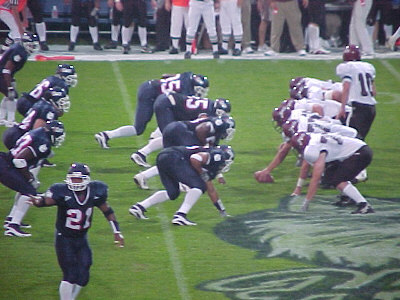Faced with a $315 million budget shortfall, Cook County Board President Toni Preckwinkle has proposed serious changes to how county officials spend taxpayers’ money. She’s challenging the public employee union bosses to come to the negotiating table. She aims to utilize private sector contractors to keep costs low. These all are necessary and commendable steps. Less so are the tax increases she has proposed: hiking the vehicle tax, raising county taxes on beer, wine and liquor, and redefining certain tobacco products (like cigars and smokeless) so taxes could be levied on them.
Last Monday, the four Republican members of the county board signed off on increases and provided the necessary margin for passage in the finance committee. The package of fee and tax hikes will cost residents an astounding $51 million, even as taxpayers are still reeling from January’s state income tax hike.
Targeting politically incorrect products may seem easy, but that doesn’t make it right. When you buy a bottle of liquor in Chicago, you already pay eight taxes: a county sales tax of 1.25 percent, county excise tax of $2/gallon, city sales tax of 1.25 percent, city excise tax of $2.68/gallon, state excise tax of $8.55/gallon, state sales tax of 6.25 percent, federal excise tax of $13.50/proof gallon, and a transport tax of 1 percent. Add these all together and it turns out a whopping 58 percent of the average bottle cost goes to taxes and fees. One sip for Uncle Sam, one sip for you.
Now, these tax increases might not make that big of a dent in the wallet of a high-flying trial lawyer out for a night on the town, but it could cost a waiter or a corner storeowner dearly. Industry analysts predict that the liquor taxes could cost upward of 270 jobs in Cook County, and the tobacco changes could result in 85 or more lost retailer and wholesaler positions. But never fear, Commissioner John Daley is tickled pink that government jobs will be saved.
Two weeks ago, Preckwinkle held a press event at Stroger Hospital to tout the health benefits of alcohol and tobacco taxes. But here is the irony of that argument: On one hand, the government tells us to stop these “vices.” On the other, budgets that depend on the revenue by definition depend on smokers to continue smoking and drinkers to continue drinking. It’s illogical, and has little to do with improving our health. In fact, efforts to increase the cost of smokeless products could hamper tobacco harm reduction efforts. And there’s no consolation for non-smokers and non-drinkers here; if use does decline while spending keeps rising, a general tax hike will be on the table when revenue from these “sin taxes” run out.
Cook County officials would be better served continuing to focus on the real problem with the budget, which is spending. Between fiscal years 2008 and 2010, total county expenditures jumped 15 percent on a per-capita basis, and that’s after adjusting for inflation. In real terms, the county spent $678 per resident in 2010, up from $587 just two years prior.
As we climb out of the worst recession in decades, taxpayers will be asked to pay more on items big and small from the multiple layers of government unless elected officials get a handle on the factors driving government budget growth, especially pensions and health care services. Spending reductions – not tax hikes that will hit the working classes hard – should be county’s first order of business.
A final vote is coming soon. Contact information for commissioners is here.

COMMENTS
Please let us know if you're having issues with commenting.